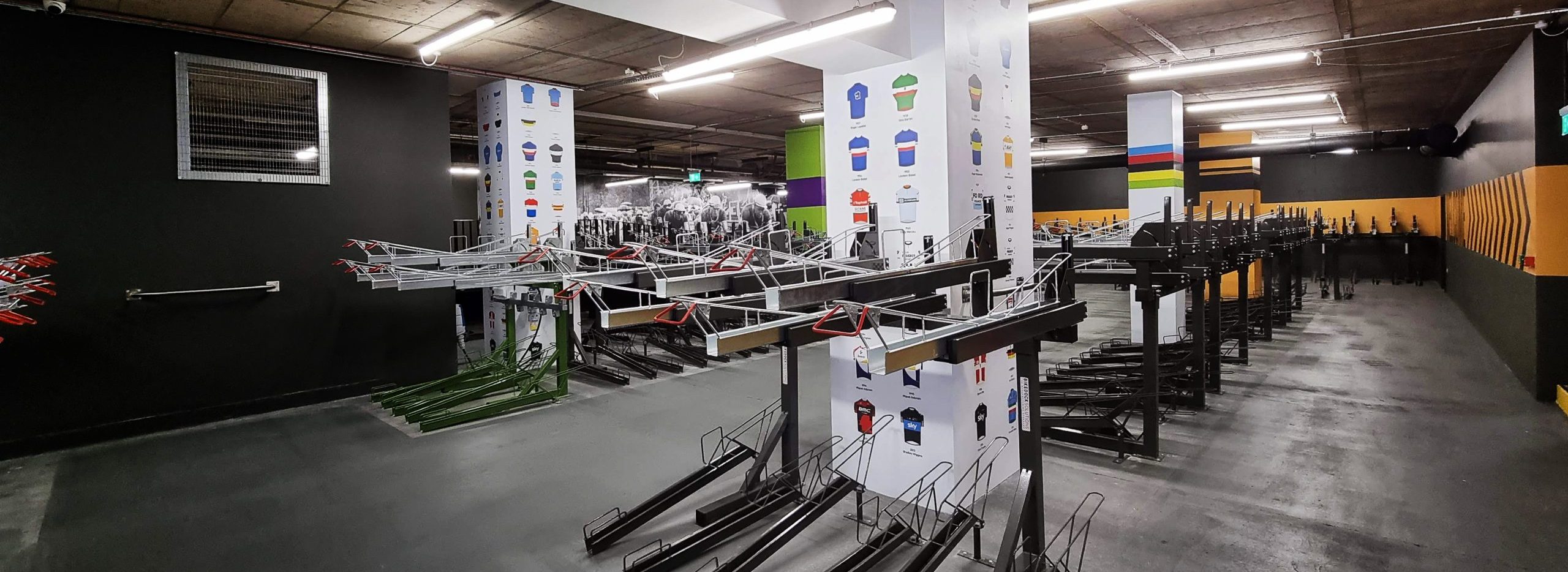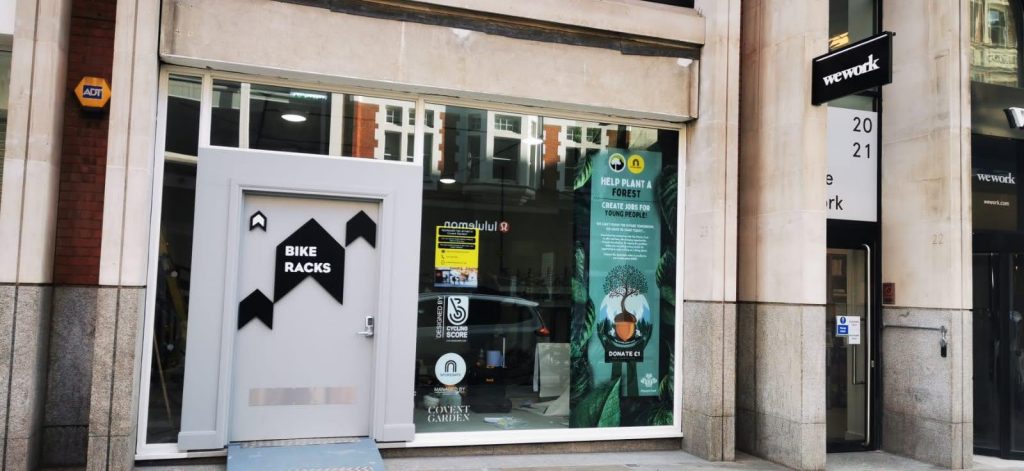There’s a phrase that’s being used a lot at the moment; “Active travel”. But what actually constitutes Active Travel? Is it really that much of a breakthrough? Is it the future? And what can we do if we want to harness this within our own lives?
What constitutes Active Travel?
As soon as I hear the word “Active” my mind immediately jumps to stock images of super fit people running up a mountain, smiling and laughing, impossibly comfortable with the duress they’re clearly putting their body through.
But am I looking at ‘active travel’ the wrong way? Has years of television and social media taught me that unless I’m ‘feeling the burn’ then I’m not really being active? Studies show that even very light exercise performed regularly over a prolonged period of time can reduce the risk of cardiovascular disorders by 15% According to a study by The National Academy of Science US, just spending time outside in the fresh air for 10 minutes a day is enough to have a positive impact on your brain through increased intake & higher volumes of oxygen and more vitamin D from the sun than in enclosed spaces like a car, tram or train carriage.
Before, or en route to work, a social meeting, interview – whatever the event may be, 5 minutes of breathing deeply outdoors can reduce stress & anxiety, boost mood & concentration and set us up to perform at our best for whatever the day has ahead.
So, if we redefine what we think of as ‘active’ then suddenly ‘active travel’ becomes more attainable, more inclusive, easier to work into a routine and so more likely to stick. Leading to the business end of the discussion..
Would Active Travel benefit my business?
The short answer I think we can all agree on is yes; less stress and a boost in mood for staff and/or clients can only be a good thing.
The bigger question is how it fits into your business, are there plans, incentives or facilities that you could put into place to encourage this.
A lot of office spaces and residential developments that we work with are now implementing a Cycle Store and Changing Facilities area as standard and this is a great step, obstacles such as “Where will I keep my bike while I work?”, or “I spent a lot on this electric scooter, will it be safe?” or even “I get a bit sweaty when I walk and don’t want to work sweaty” are removed by giving end users peace of mind and the facilities that they need to travel actively with confidence.

Perhaps you run a retail or hospitality business that doesn’t have the square footage to allow a full Cycle Store / Changing Facility, but you still want to look after your employee wellbeing. You may have a terrace or exterior space at the rear of the premises. These areas are often assigned solely for clientele or overtaken by bin stores. Sectioning off an area with some private seating to give staff the option to take breaks in the fresh air will maintain concentration throughout the shift, as well as giving them somewhere to decompress and bring down any stress & anxiety levels.
What does the future hold?
We can’t accurately predict the future, but we can look at trends and policy makers. For instance in 2020 Manchester Council declared it’s ambitions for the City centre to become carbon neutral by 2038. In order to do that, large amounts of motor traffic needs to be removed from the roads paving the way for pedestrianised and electric personal vehicle (EPV)-only zones -(think electric-assisted scooters, longboards, bicycles) so putting plans into place to accommodate this shift will not only prepare your business for the change in advance, but also show a keenness to be one of the first through the door.
Is it expensive?
As with everything when it comes to running a business, there’s a sliding scale. We’ve worked on full facilities that are in the tens of thousands, but also spaces in the low 4-figure budget area, depending on what your requirements are, there’s different levels of facility and finish that can suit most budgets.

A lot of businesses have struggled through the pandemic and may not have any investment capital at all at the moment; there is support available – Transport for Greater Manchester are offering grants for the exact reason of encouraging and developing sustainable travel for Greater Manchester. Click here to read the announcement by TFGM and for details on how to apply.
It is also worth noting that all costs incurred in promoting Active Travel within your business are tax deductable.
What next?
If you want to learn more about how we can help your business adapt for active travel, our team at Sisu Projects is here to help. With many years’ professional experience providing guidance and support to a range of businesses, our teams work with you to understand your unique professional needs.
You can read more about cycle stores here, take a look at some of our cycle store case studies or download our cycle store brochure pdf
No matter your needs, our team work to provide a professional solution that works for you.
Contact us directly to learn more about how we can add value throughout your pipeline, and let you implement a new professional solution that is right for you and your teams today.
Photo Credits: Header by Robin Spielmann on Unsplash
Featured Image by Geo Chierchia on Unsplash


